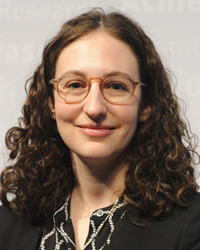CURRENT CHAIR
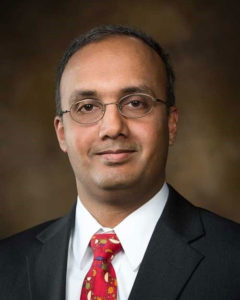 Raj Rao, Ph.D.
Raj Rao, Ph.D.
Chair – 2024 – 2026
Professor of Biomedical Engineering in the College of Engineering, University of Arkansas, Fayetteville
For significant contributions to stem cell engineering research; bioengineering leadership and education; and active community engagement.
PAST CHAIRS
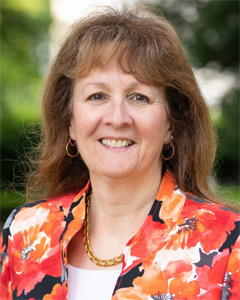 Jennifer S. Wayne, Ph.D.
Jennifer S. Wayne, Ph.D.
Chair – 2022 – 2024
Professor and Department Head, Biomedical Engineering and Mechanics, Virginia Tech
For development of a multifaceted approach for articular cartilage biomechanics, encompassing modelling and in vivo repair.
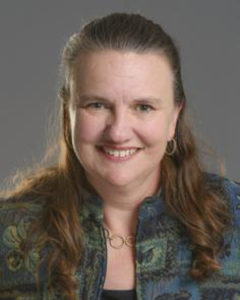 Michele J. Grimm, Ph.D.
Michele J. Grimm, Ph.D.
Chair – 2020 – 2022
Wielenga Creative Engineering Endowed Professor of Department of Mechanical Engineering, Michigan State University
For outstanding contributions to advancing biomedical engineering education and for leadership in accreditation principles as well as research directives.
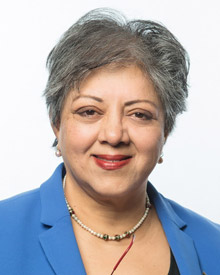
Ranu Jung, Ph.D.
Chair – 2018 – 2020
Professor and Chair, Department of Biomedical Engineering, Wallace H. Coulter Eminent Scholars Chair in Biomedical Engineering, Florida International University
For outstanding contributions to developing novel physiology-based orthopedic devices, and for fostering academic and industrial interactions to advance neuro-engineering
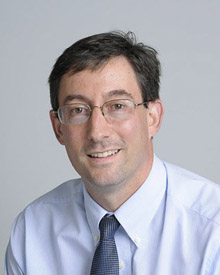
Frederick H. Epstein, Ph.D.
Chair – 2016 – 2018
Professor and Chair Biomedical Engineering; Professor of Radiology, University of Virginia
For significant contributions to the development and application of magnetic resonance imaging methods for assessment of cardiac function and perfusion.
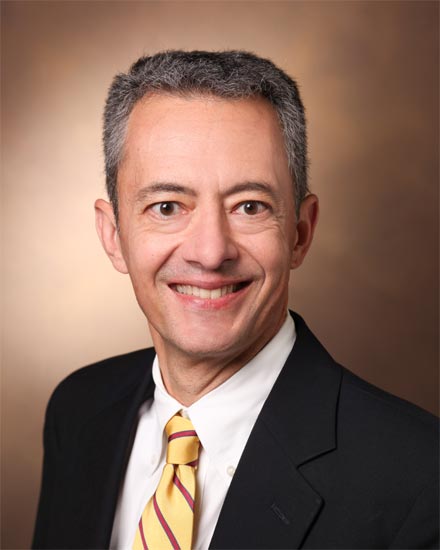
Todd D. Giorgio, Ph.D.
Chair – 2014 – 2016
Professor of Biomedical Engineering, Professor of Chemical and Biomolecular Engineering, Professor of Cancer Biology, Vanderbilt University
For significant contributions to teaching and research in the fields of cell bioengineering, nonviral gene therapy and artificial liver development.
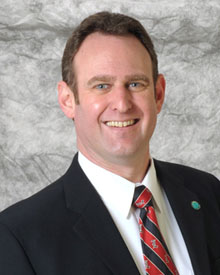
Robert S. Keynton, Ph.D.
Chair – 2012 – 2014
Professor and the Lutz Endowed Chair of Biomechanical Devices of the Department of Bioengineering, University of Louisville
For outstanding contributions in BioMEM’s and µTAS technology development and biomedical engineering education.
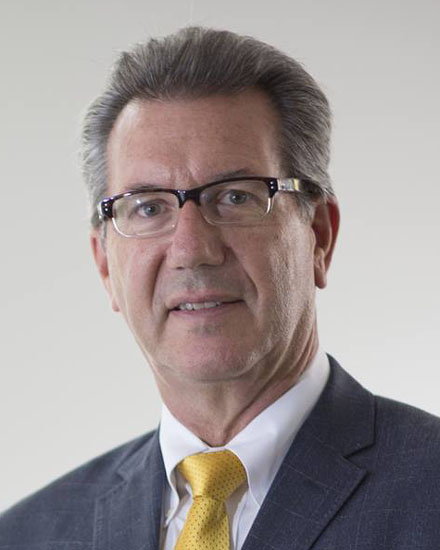
Jeffrey L. Duerk, Ph.D.
Chair – 2010 – 2012
Executive Vice President and Provost, University of Miami
For development of advanced interventional magnetic resonance imaging techniques that enable a wide variety of image guided minimally invasive procedures.
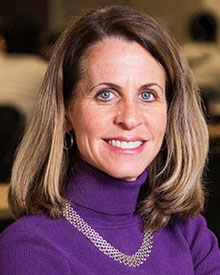
Kristina M. Ropella, Ph.D., P.E.
Chair – 2008 – 2010
Opus College of Engineering Dean, Professor of Biomedical Engineering and Director, Joint Ph.D. Program in Functional Imaging, Marquette University
For leadership and excellence in biomedical engineering education and automated detection of cardia arrhythmias.
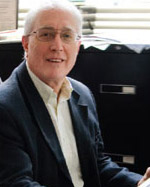
Vincent T. Turitto, Sc.D.
Chair – 2007
Robert A. Pritzker Endowed Chair Professor of Biomedical Engineering, Director of the Pritzker Institute of Biomedical Science and Engineering, Illinois Institute of Technology
For contributions to the understanding of fluid dynamic factors and their influence on thrombosis and hemostasis in humans.
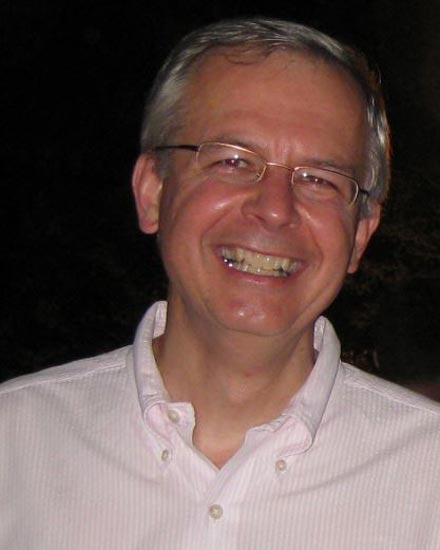
George A. Truskey, Ph.D.
Chair – 2006
R. Eugene and Susie E. Goodson Professor of Biomedical Engineering, Duke University
For developing new experimental and theoretical methods to characterize macromolecular permeability and cell adhesion.
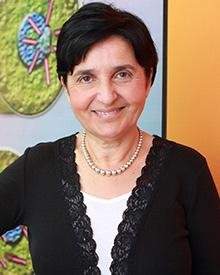
Banu Onaral, Ph.D.
Chair – 2005
H. H. Sun Professor and Senior Advisor to the President, Global Partnerships, Drexel University
For contributions to biomedical engineering, in particular, bioelectrode research.

Robert L. Spilker, Sc.D.
Chair – 2004
Chair, Department of Biomedical Engineering, Professor, Biomedical Engineering, Rensselaer Polytechnic Institute
For contributions to finite element analysis for understanding the deformational behavior of hydrated soft tissues.
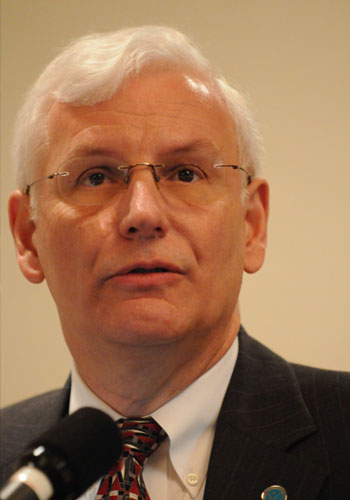
Eugene C. Eckstein, Ph.D.
Chair – 2003
Chair, Department of Biomedical Engineering, University of Memphis
For studies and model development of the directed rheological aspects of lateral transport of platelet-sized particles in blood flows.
 AIMBE
AIMBE
 Raj Rao, Ph.D.
Raj Rao, Ph.D. Jennifer S. Wayne, Ph.D.
Jennifer S. Wayne, Ph.D. Michele J. Grimm, Ph.D.
Michele J. Grimm, Ph.D.










